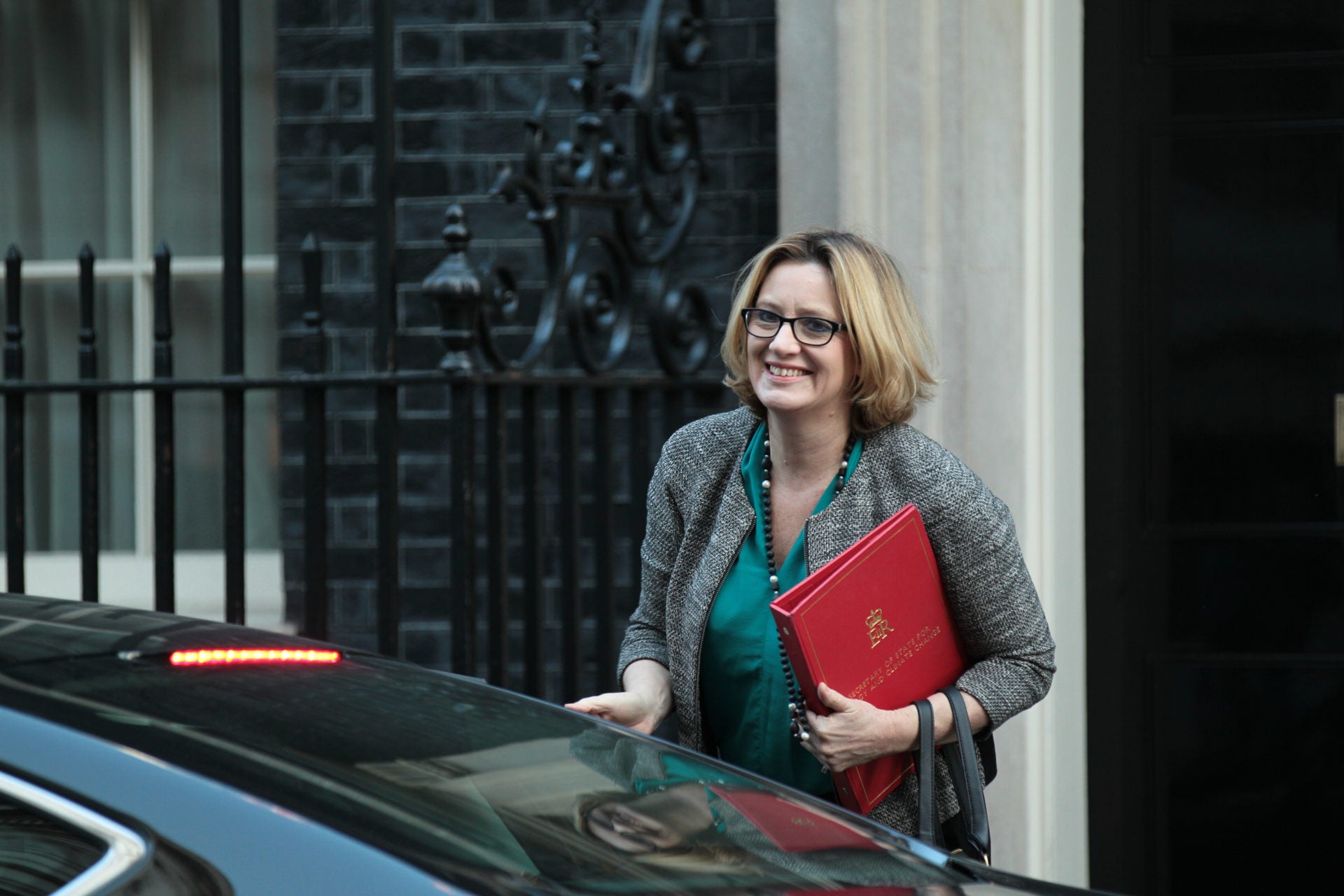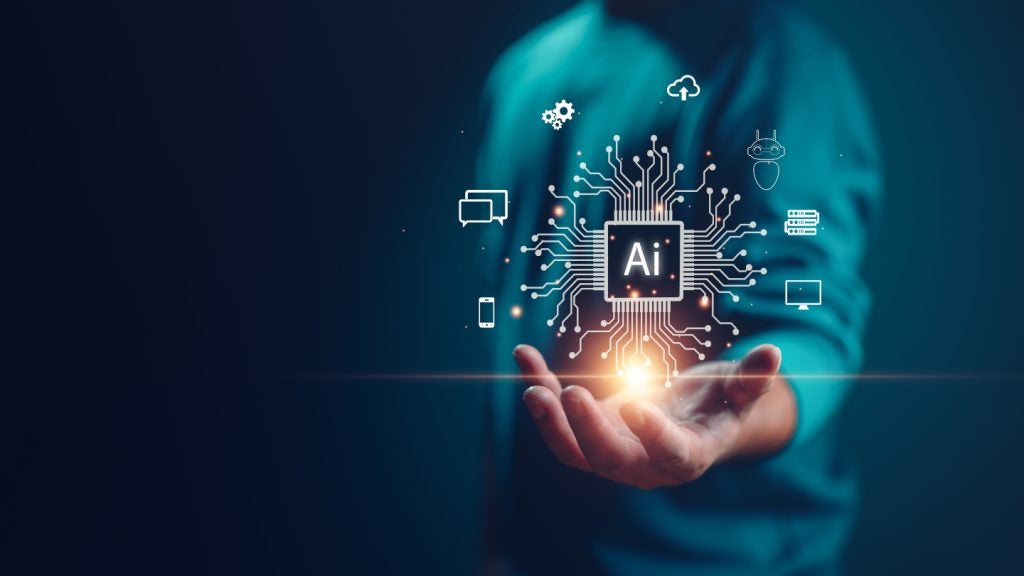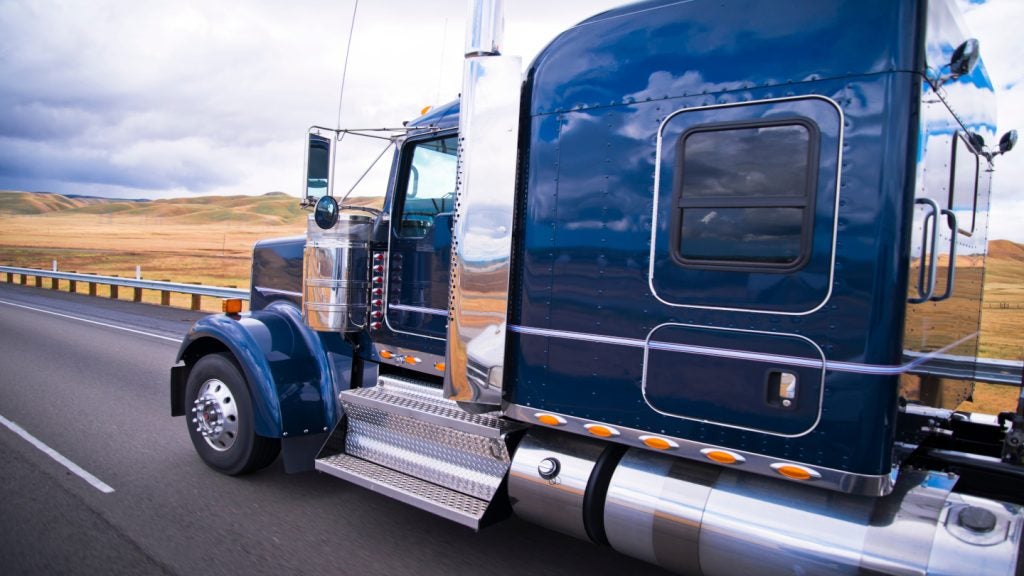
The automation revolution means jobs of the future will require “human sensibilities” such as creativity and personal relationships, work and pensions secretary Amber Rudd has said.
Speaking at the Recruitment and Employment Confederation, she made the case for embracing artificial intelligence (AI) and automation in the workplace.
“Automation is driving the decline of banal and repetitive tasks,” she said. “So the jobs of the future are increasingly likely to be those that need human sensibilities, with personal relationships, qualitative judgement and creativity coming to the fore.”
However, Rudd conceded there will be challenges ahead in an AI future.
“Globalisation is expanding the supply of labour, while automation and artificial intelligence simultaneously disrupt the demand for it.
“Overall I am enormously optimistic about the opportunities on offer, but nobody can ignore the challenges that do, and will exist.”
How well do you really know your competitors?
Access the most comprehensive Company Profiles on the market, powered by GlobalData. Save hours of research. Gain competitive edge.

Thank you!
Your download email will arrive shortly
Not ready to buy yet? Download a free sample
We are confident about the unique quality of our Company Profiles. However, we want you to make the most beneficial decision for your business, so we offer a free sample that you can download by submitting the below form
By GlobalDataRudd acknowledged that technology can promote the gig economy, which could “objectify labour to a point where their working lives are subordinate to an unthinking algorithm”.
Role of government in an AI future
Rudd said that the government’s role should be to “to help people take advantage of these changes” rather than “corral or force economic activity”.
This will be by improving access to jobs, ensuring there is an opportunity to progress in those jobs and a better safety net for those who might be impacted automation. These form part of the government’s Industrial Strategy, a long-term vision to future-proof jobs.
She also made reference to various reports that predict job losses of “10, 20 or 30%” to robots.
However, studies have also indicated the benefits of automation. A study by Goldsmith University showed that automation boosts performance by 28%, as well as making a workplace more human-friendly.
James Dening, vice president at Automation Anywhere, a robotic process automation firm, agrees with Rudd’s view that automation is reducing the amount of “banal repetitive tasks” and that jobs of the future will have a greater focus on human creativity.
He added that software bots, or “digital workers”, are changing the future of work for the better.
“When implemented correctly, these technologies not only improve efficiency in business functions, but can also lead to more engaged and happier employees,” he said.
“The onus is now on British companies to take meaningful steps to adopt these technologies at scale, effectively taking the robot out of the human and unlocking the full potential of their workforces.”
Rudd is right on automation, experts say
Other experts have agreed with Rudd’s views. James Keating, head of EMEA Marketing at Dropbox, agreed that AI and automation will allow humans to “focus on more meaningful and creative work”.
“By taking a more holistic approach to the future of work, a man-machine partnership will open up a new realm of possibilities for organisations,” he said. “AI is less likely to replace us and more likely to enhance the way we work.”
Peter Harte, vice president, enterprise sales at workforce management software company Kronos agreed that automation will bring new opportunities, but cautioned that “there is still a long way to go in terms of education on the effectiveness and benefits of [AI] technology.”
“The most important message employers need to send is that success will come with the combination of human and technology – not one or the other,” he said.
Charlotte Walker-Osborn, global law-firm Eversheds Sutherland’s international head of technology sector, said that Rudd’s stance on AI and automation is “in many ways, correct”.
“So far, these technologies are less successful at mimicking emotional intelligence and so it follows that we will see a shift in work for humans which lends itself to areas where emotional intelligence, cognitive creativity and personal relationships are key, such as creative, coaching and caring roles,” she said.
“And there will be a significant rise in new job roles – including ethics officers, data scientists and the like.”
However, she said that some people will need much more re-skilling than others, such as those in highly repetitive jobs, and that this should “not be underestimated”.
Read more: Robotic process automation: Don’t sweat the small stuff, RPA it





